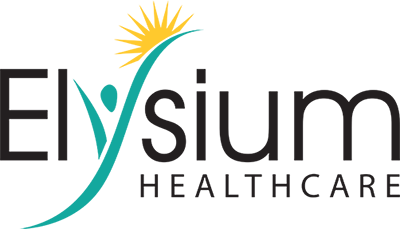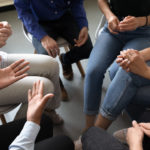Addiction is a disease that affects the entire family, its effects affect every member of the household whether they choose to participate or not. Therefore, it’s critical for recovering families to seek to heal together, rather than seeing it as a process that’s only reserved for the addict.
In fact, data shows that families that recover together, are more likely to stay sober than those who leave recovery only up to the addict.
But what kind of resources are available for families? And are there any family support groups available? Let’s have a look!
Addiction Support Groups for Families
12-Step Groups for Families of Addicts
The 12-step format is not reserved for addicts, in fact, families can benefit from this support group format as well.
These family support groups consist of a group of non-professional peers who are recovering.
While families can benefit from practicing the 12 steps, there is also a lot to gain from the experience of engaging in the program. By doing so they are able to have a similar experience to that of their addictive family member.
This can help them gain compassion and a better comprehension of what their loved one is going through and how they can better help him or her.
When it comes to 12-step groups for families, there are a number of resources available to them including
Nar-Anon is one of the best-known family support groups for families of addicts available. In this program, attendees come together to discuss their recovery from a drug user and how it affected them and other family members.
Recovering Couples Anonymous is like AA for couples, although it’s not restricted to couples with alcoholism. The fellowship helps couples sober up together, heal their relationship, and solve their common problems.
Families Anonymous is similar to Nar-Anon, except it welcomes families that have been affected by all sorts of addictions—not only drug addiction.
Parental Support Groups
Dealing with an addictive child is one of the most difficult addictive family dynamics to cope with.
As a parent, it could be nerve-racking to know a child is using drugs and exposing themselves to a number of dangers.
Then there is also the moral dilemma that comes into play when a child might be suffering from withdrawal. One where parents might opt to provide the child with resources to get their hands on drugs and numb their pain.
Whatever the circumstance, having an addictive child is not a situation any parent ever wishes to be in.
Fortunately, there are family support groups available for parents that can help them cope with the trauma of addiction and heal together with their children.
One of these resources is Parents of Addicted Loved Ones. PAL is a Christian-run organization that offers support groups for families of addicts.
With PAL, parents learn how to cope with the pain of loving an addicted child while also adapting their approach to their child’s struggles.
Child and Teen Support Groups
Flipping the script can be as bad, if not worse. When a child has an addicted parent it could cause a life-long painful trauma that can negatively shape the child’s life.
Parents could have a degree of maturity that can help them cope with an addictive child. However, children lack the same resources and usually cope with addiction in the family in destructive ways.
So much so that addiction-related trauma during childhood could turn into addiction later in life.
Fortunately, there are also family support groups for children and teens. Some of them include:
- NACoA – The National Association for Children of Addiction is one of the family support groups focused on helping children and teenagers. They are on a mission to eliminate the adverse impact of drug use on children and families.
- Narateen – Narateen is the teenager equivalent of Nar-anon and an extension of their program. The association is dedicated only to teens who have been affected by someone else’s drug addiction. The group welcomes teens between the ages of 13 and 18 to the meetings.
Family Therapy
Family therapy can help the entire family recover from past trauma. This is done by working together as a group to learn how to manage recovery and build healthy coping skills.
In this form of group therapy, members of the family typically share their experiences together under the supervision of a therapist.
By providing them with an open safe space to discuss their trauma, families are able to work out their shortcomings and heal their relationships.
Group therapy for families of addicts is one of the best-known resources for addicted families that wish to heal together.
Getting Help
Family members who suffer from addiction need our help and support. If you want to help a loved one recover from a drug addiction, we can help.
Elysium Healthcare is an expert in addiction treatments and family therapies. We understand that families that recover together remain and heal together. Therefore, we emphasize not just treating the addict, but also healing any underlying causes that might prevent them from attaining sobriety—including family recovery.
Contact Elysium today, to help your loved ones the help they need.








No comment yet, add your voice below!